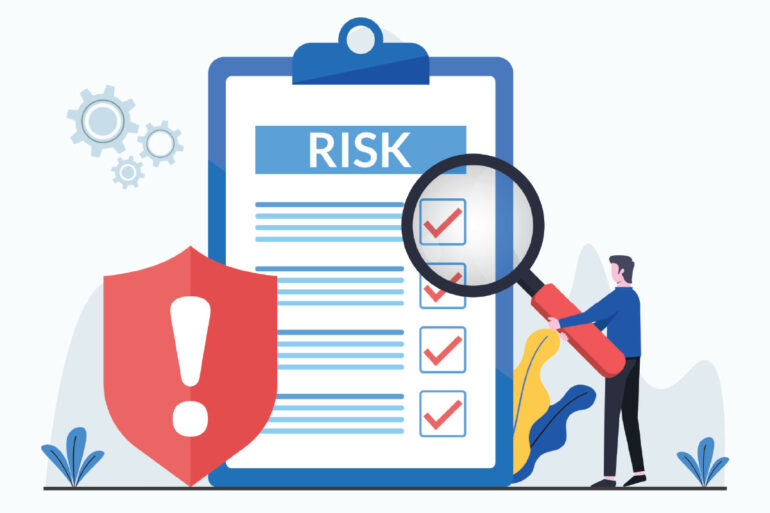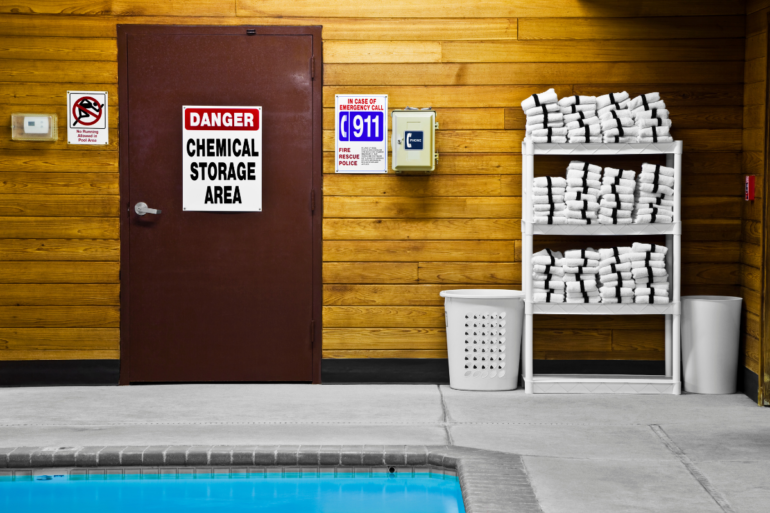Lifeguard Services

By Lawrence Scofield
For pool owners, recruiting, training and staffing lifeguards can be labor intensive and costly. As budgets shrink, companies have emerged to help lower costs associated with providing lifeguards. When American Pool Houston takes over lifeguard-management responsibilities at a pool that was previously self-run, says its president, Brooks Wedeking, pool owners often say cost is one big reason why he or she has decided to subcontract that service.
In addition to maintenance contracts, pool-repair and management companies are beginning to offer lifeguard services. “It expedites the process to have lifeguard management and maintenance rolled into one,” Wedeking says. “It makes things run smoother when everything is under one house. We market ourselves as a turnkey management company.”
For companies wishing to expand into lifeguard services, the first consideration is finding enough qualified personnel. “We have people in our offices who are completely dedicated to recruiting and staffing lifeguards,” Wedeking says. Typically, a lifeguarding summer job is popular among high school students. However, when pool seasons overlap with the start of school, finding high school students can be a problem. “A country club may hire its own lifeguards, but when those people go back to school, they’re unable to staff the pool,” Wedeking says. Instead, seek out area college students who have flexible schedules or foreign-exchange students who can work part-time.
For lifeguard certification, check out the American Red Cross Lifeguard Training, Boy Scouts of America Lifeguard Certificate, YMCA Lifeguarding Certificate and the National Pool and Waterpark Lifeguard Training. CPR and first aid certifications are also required. Additional training may be needed to perform routine maintenance. “Our lifeguards do basic maintenance on-site,” Wedeking says. “They test the water once an hour. They check chemicals, empty skimmers and clean pool tiles.”
Lifeguards must also be properly equipped. Swimsuits and outer garments should be provided, labeled clearly to identify the staff as lifeguards. Hats and sunglasses cut glare and provide better vision. Bullhorns, whistles and voice amplification may be needed. A lifeguard platform may be required to provide an unobstructed view.
Private construction, repair and maintenance companies have an advantage over pool owners in the area of regulatory compliance. Those companies are acutely aware of updates to state regulations, local code compliance, OSHA mandates and health-department inspections with regard to swimming pools. “We do a code inspection that [looks at] owner-related issues,” Wedeking says, “like fencing, gates and bathroom trip hazards. Then, we focus on the pool, deck and pump areas from a safety perspective. The emphasis is on health-department codes and safety issues.”
Owners may also contract out lifeguard services for the added liability insurance — a must for any firm offering these services. “The incentive to the property management is the inclusion of liability insurance,” Wedeking says.
Opportunities exist for private companies offering lifeguard services at all semiprivate pools along the Eastern Seaboard, including apartment complexes, country clubs, homeowner’s association pools and in the hospitality industry. In the Midwest and west where many states only require warning signs at semiprivate pools, adequate protection against accidents is worth the cost of a contract for lifeguard services.
“I don’t think having someone watch the pool is ever detrimental,” Wedeking says.






